Electric Vehicle Batteries - Common Problems and Tips To Avoid
Electric vehicles have now become an alternative option to a standard mode of transportation. More charging stations, popular auto brands that are manufacturing electric cars, and the fluctuation in fuel prices worldwide have led to the rise of EVs.
The Internal Combustion engine vehicle (ICE) gets the energy from burning petrol while an electric vehicle gets the energy from a pack of batteries. Those pack of electric car batteries is comprised of thousands of individual Li-ion cells that are working together. Typically, the battery packs with the lithium-ion type are quite tough and are capable of lasting longer before needing another replacement.
So, a car with an internal combustion engine is like a mechanical stopwatch, full of complicated parts which require regular maintenance. Whereas the electric vehicle battery is like a digital watch that is uncomplicated, reliable, and cheap.
Electricity has been used in EVs to change the battery's chemical composition while the car is charging and when the vehicle is on the road, these changes are reversed to produce electricity. Although, Electric cars have fewer moving parts than conventional cars, which results in fewer breakdowns and mechanical problems.
However, you might encounter a different set of issues related to the electric vehicle battery and other parts. In this article, we will discuss some of the common problems with EV batteries and tips to avoid those problems.
About Electric Car Battery
An electric vehicle battery features a lithium-ion battery while manufacturing. Auto manufacturers are testing solid-state batteries but lithium-ions are common in EVs. However, one of the common problems with EV batteries is that lithium-ion is a rare metal. So, it is very expensive to produce lithium batteries and even more mining lithium has environmental risks.
There are some pros and cons of electric car batteries which we will delve into deeply and go through some basic EV battery considerations.
Electric Car Battery Life Span
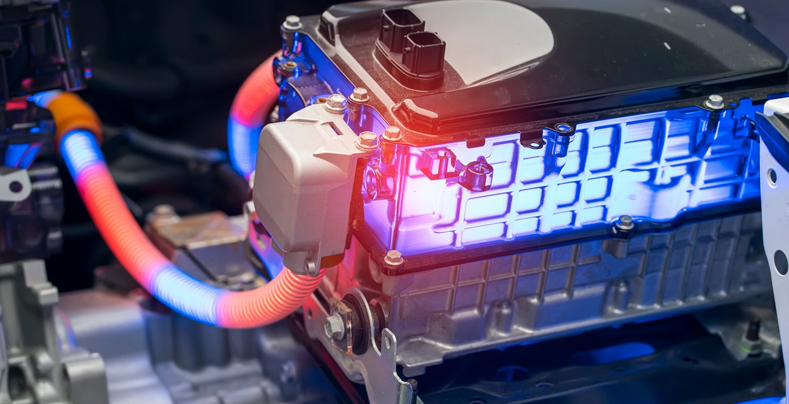
EV batteries are expensive and hence an Electric vehicle buyer should always consider the battery life expectancy. For example, Tesla provides 180,000 kilometers of coverage or an eight years warranty. But we have seen examples of Teslas with over 300,000kms where the batteries are barely degraded. According to Tesla CEO Elon Musk, your Tesla batteries are supposed to last for 480,000 to 800,000 kms, or 1,500 battery cycles. That’s around 22 to 37 years for an average person. Most EV manufacturers guarantee that the batteries won’t degrade more than 30% and will have 70% health during their warranty period.
EV Battery Safety and Maintenance
A lithium-ion battery is prone to overheating and occasionally can catch fire. This problem is not much common but some car manufacturers have identified this issue and taken some necessary precautions while designing electric vehicle batteries.
The manufacturers enclosed EV batteries within sealed shells and used insulated high-voltage lines to deactivate the electrical system in case of a crash. Additionally, the maintenance of electric vehicles is simpler than that of conventional cars. For instance, there is more use of mechanical parts in ICE and hybrid cars, so they wear and tear faster. Because of that, your car requires more maintenance. Moreover, EV car batteries have a longer coverage saving a lot of maintenance costs for car owners.
Electric Car Battery Charging Cycles
The use of electric charging also affects the EV battery life. There is a common practice everywhere that most car owners don’t fuel their vehicle until they completely run out of it. Now, given the ease of charging electric cars at home, many owners have the convenience of charging their vehicles.
Moreover, the EV manufacturers recommend charging Lithium Ion batteries up to 80-85% and never letting them drain completely. So ideally recharge before it hits 10%. Manufacturers also recommend not using DC fast chargers regularly if you want to prolong battery life. However, there are new battery chemistries becoming popular called LFP ( Lithium Ferrous Phosphate). These have longer life spans and can be charged to 100% daily. One thing is common though, you need to avoid DC fast charging and only use it when you are traveling long distances.
EV Battery Thermal Management Systems
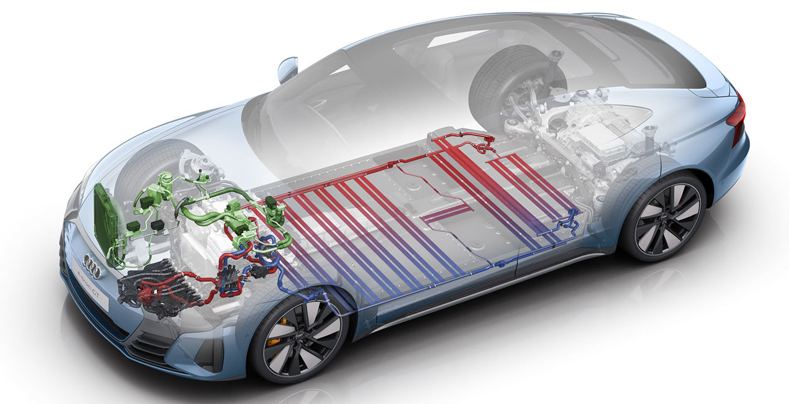
The electric car battery thermal management system helps maintain the battery pack temperature in the range between 10°C to 35°C by heating or cooling circuits. That said, keeping the batteries at optimal temperature ensures to provide peak performance.
While charging, electric car owners can use preconditioning features to heat and cool their battery and interior which helps to preserve the battery's health and performance. If you wanted to improve your electric vehicle performance then you should follow the tips that can be used in different weather conditions to avoid battery health degradation.
Electric Car Battery Issues
Following are some of the problems that have been reported in an electric car battery. However, these remain a rare occurrence.
Faulty or Damaged Battery Separator
The use of the separator is to create a boundary between the anode and cathode. The separators are thin and when they get damaged, the anode and cathode in EV batteries come in contact with each other which will cause a short circuit. This is one of the main issues with the electric vehicle battery that can occur due to overcharging.
EV Battery Temperature Sensitivity
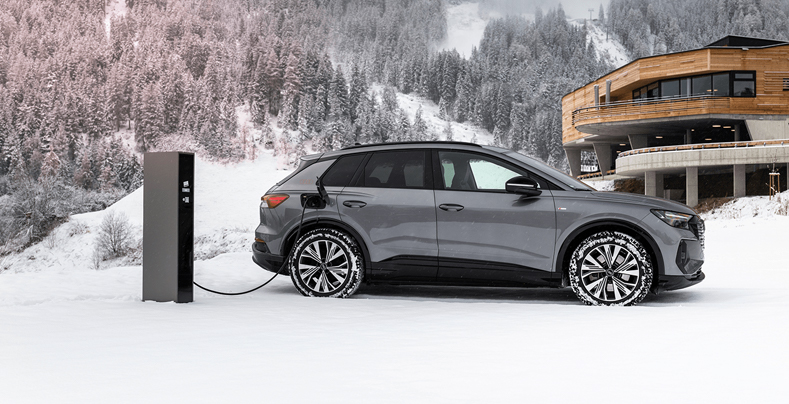
Another common issue with EV batteries is that the battery life may degrade due to extreme temperatures. Extreme cold or hot temperatures will change the reaction’s timing. For example, a hot environment causes a faster reaction in all areas.
Because of that, it would be a good tip for EV owners to use the preconditioning feature and use fewer applications in hot temperatures to avoid battery overheating. Furthermore, electric cars have the following cooling systems that boost battery life and performance:
- Air Cooling System
- Liquid Cooling
- Phase Change Material
- Cooling Fins
Electrical Imbalance in EV Battery
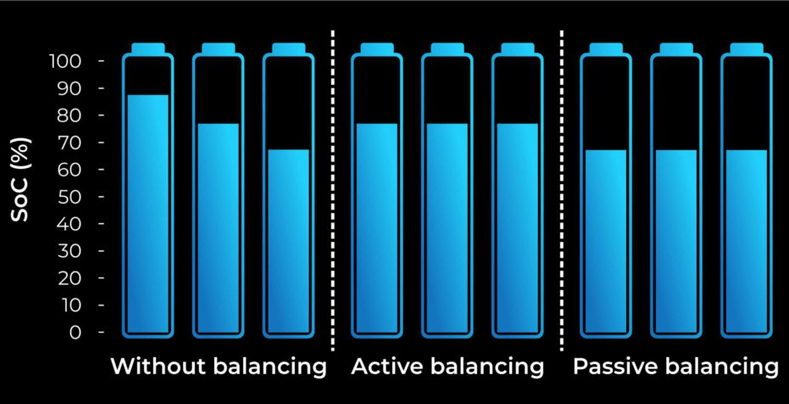
The periodic charging and discharging of EV batteries can cause electrical imbalances and lead to short circuits. Mainly, lithium-ion batteries have a separator that gets damaged due to under and overcharging the EV, and this results in short-circuit or explosion due to electrical imbalance.
Difficult to Recycle Electric Car Battery
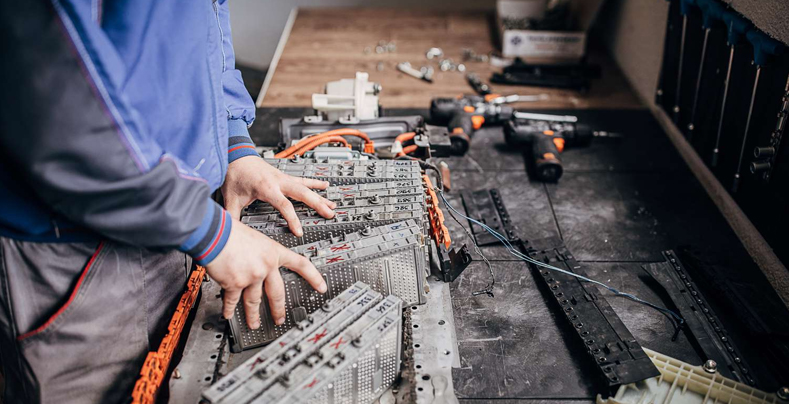
Over the years, the design and efficiency of EV batteries have been improved. Still, there is a problem which is electric car batteries are difficult to recycle or dispose of. Although EVs produce fewer emissions than conventional cars, their batteries contain nickel, manganese, and cobalt. All of these materials are a threat to the environment. Even though it is difficult to recycle EV batteries, auto manufacturers reuse them to power industrial machinery.
Battery Requires Long Charging Hours
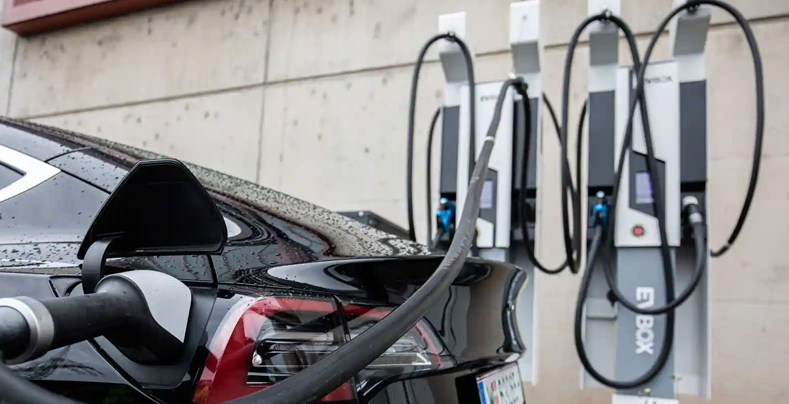
The batteries in electric vehicles are larger and need to be charged for a longer period. For folks who are used to topping up petrol in an ICE vehicle in 5 minutes, this is cited as the most common objection. However, once you own an EV you can top up your charge at home every night so you have a full charge available every morning. Additionally, for longer trips, you can charge your vehicle in half an hour with a fast charger.













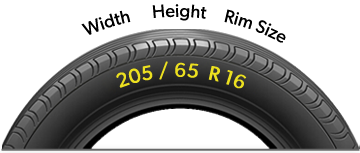










Conclusion
This wraps up the article in which we have discussed the basics of EV batteries and common problems that occur with car batteries. As you know, the EV market has been rapidly growing and all the electric car manufacturers are developing efficient designs for the batteries that in future will reduce the problems. Also, follow these tips to maintain the optimum performance of your electric car.